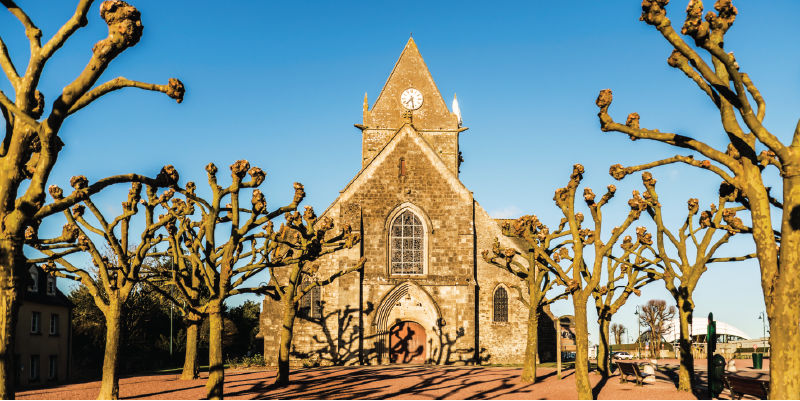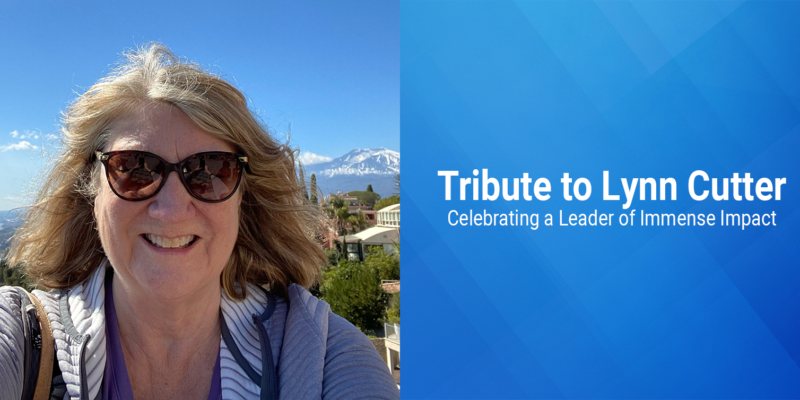Eighty years after General Eisenhower wrote these words on the eve of D-Day, a group of 78 guests from The Chautauqua Institution, The Great Courses, and HISTORY Travel™ boarded a river ship in Paris to begin a weeklong journey along the Seine that concluded at the official ceremonies of D-Day at the American Cemetery in Colleville-sur-Mer.
Blog
2024 Total Solar Eclipse In The Texas Hill Country
This spring, ATA created a once-in-a-lifetime total solar eclipse tour for a leading cultural institution, sending nearly 400 travelers to the Texas Hill Country. Along the path of totality, travelers had the chance to witness the celestial spectacle. This was a record-breaking trip for ATA and our esteemed partners, and it encapsulated the spirit of adventure, learning, and community that defines us.
A Tribute to Lynn Cutter
It is not often one encounters a leader who propels iconic brands to their historic zeniths. Yet that is what Lynn Cutter has done—twice! On the eve of her retirement from a stellar career, we mark this moment to celebrate a woman whose unparalleled strategic mastery, marketing acumen, analytical brain and keen sense of human potential have had a profound impact on two organizations and countless careers.
2024 Q1 Newsletter
Have you had the opportunity to experience Cuba’s vibrant culture and resilient spirit? The island nation has a way of touching hearts and opening minds in unexpected ways.
Embracing Our Neighbor: Cuba
“Cuba: I haven’t stopped thinking about it,” wrote Autumn Phillips, Editor-in-Chief of The Post and Courier of her time on this island nation. Ms. Phillips, a seasoned journalist and world traveler, and recent winner of the Journalist of the Year Award by the North American Travel Journalists Association, went to Cuba for the first time in January this year.
ATA Partners with Sur La Table
We are thrilled to introduce Sur La Table Culinary Journeys! We’ve partnered with Sur La Table to bring a series of interactive culinary adventures to life.







